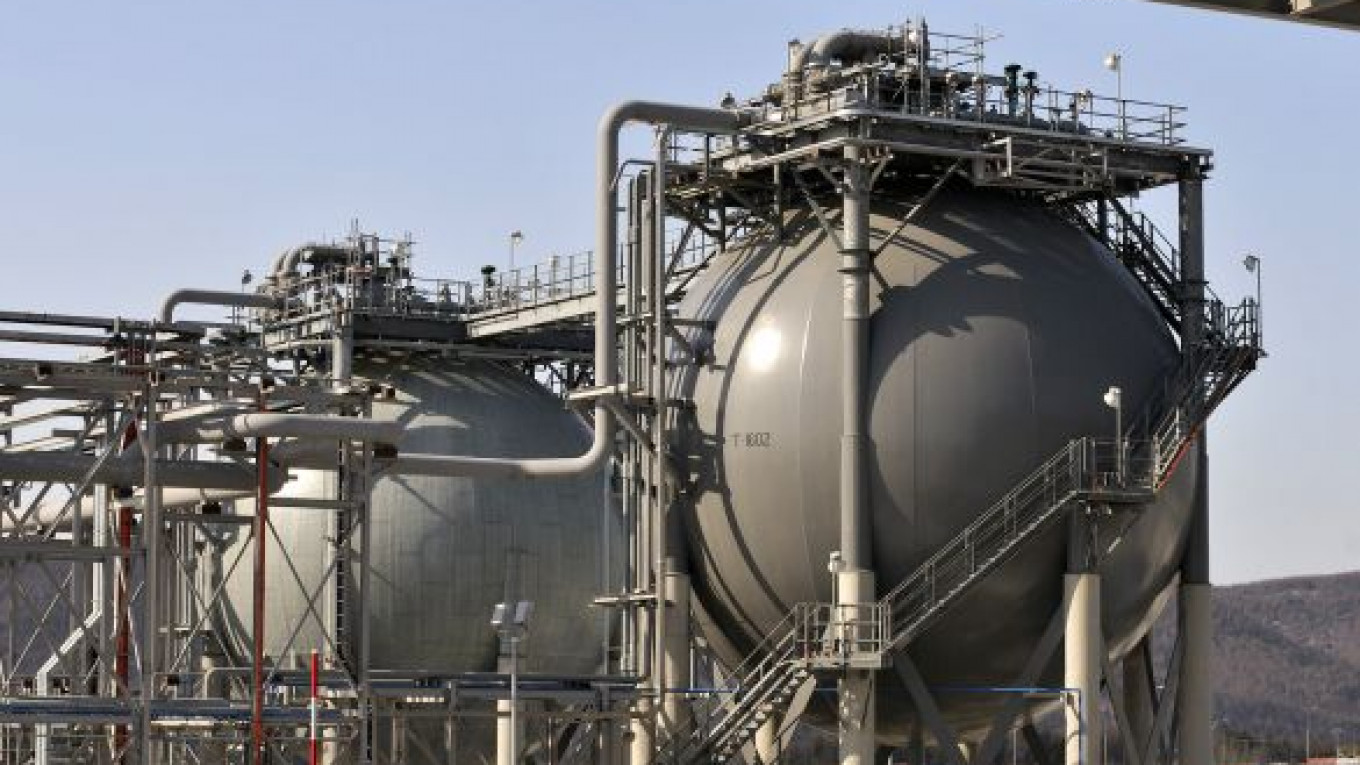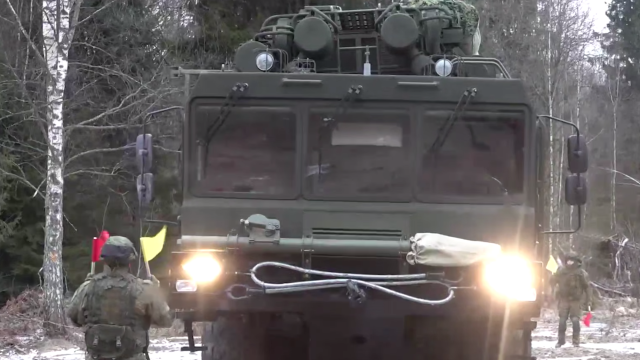Gazprom will not lose out on business after Moscow passes legislation stripping it of a monopoly on exports of liquefied natural gas, because demand from China will outstrip Russian output of conventional and unconventional fuel for years.
The government has approved a draft law to allow gas producers other than Gazprom to ship LNG abroad to try to spur new projects and help Russia double its global market share to between 35 and 40 million tons by 2020.
The law, seen by many as a rap on the knuckles for Gazprom, which officials have criticized for being slow to boost its presence in the LNG market, is expected to be signed into law by President Vladimir Putin this year and come into effect in 2014.
But even though it loses its monopoly, Gazprom should be relatively unscathed by the bill. It will still dominate a pipeline network used for much of Russia's gas exports and, with Chinese leaders promising to tackle pollution, demand for cleaner energy supplies such as gas is set to rocket.
"China's potential for gas consumption is high, meaning that it is not an LNG-or-pipeline question," said Kyle Davis, partner at law firm Goltsblat BLP. "And China will need lots of gas. Right now China runs on coal but all indications are that for environmental and other reasons China plans to greatly increase gas consumption in the near future."
Gazprom did not respond to an e-mail seeking comment.
The company has a sole LNG plant on Russia's Pacific island of Sakhalin and plans to add at least one more in the Far East to ship super-cooled gas to Asian markets by 2018.
Its local competitors Rosneft and Novatek, teaming up with international majors such as ExxonMobil, Total or China's CNPC, also plan LNG plants, with the first one expected to be launched by 2017.
But Tatiana Mitrova, head of the oil and gas department at the Academy of Sciences Energy Research Institute, said neither Rosneft nor Novatek would be able to access the pipes.
"Thus pipeline gas is the most interesting for China given its importance for the country's energy security," she said.
"This is not a crucial issue for now given increasing supplies from Central Asia but this route is not the safest," she said, referring to shipments through the Central Asian region, where the political environment is clouded by uncertainty over leadership succession.
Bright Prospects
China bought 42.5 billion cubic meters of gas from abroad last year. That was up more than 30 percent compared with 2011 and a nearly 10-fold increase from 2007.
Natural gas demand rose 13.5 percent in the first nine months of 2013 for example, 4.3 percentage points faster than production despite a push into unconventional reserves.
In its annual International Energy Outlook this year, the U.S. Energy Information Administration said China's gas consumption was set to rise by more than 360 percent between 2010 and 2040 to reach almost 500 bcm.
And pipeline gas to China from Central Asia comes in at an average $9 per million British Thermal Units, or mmBtu, much cheaper that the super-cooled fuel shipped from mainly Qatar, Australia and Malaysia.
Beijing's main supplier of pipeline gas is Turkmenistan, once Gazprom's ally, which plans to triple flows to China to up to 65 bcm by 2020 from 20 bcm shipped last year.
Gazprom has been in talks for years to build its own export pipeline to China, both to ship 38 bcm annually and put some of its East Siberian fields on stream.
It agreed on a pricing formula, but not on price, planning to sign the final deal by the end of the year.
An adviser to CNPC, who declined to be named, said: "Both sides are set to make compromises, though the gap is still there. But the gap will narrow as more natural gas gets developed."
Some analysts say Gazprom should invite China to jointly develop gas fields as Turkmenistan did to speed up production.
"We believe that Gazprom may over time become a leading supplier of natural gas to China, delivered both through the pipeline and in the form of LNG," ratings agency Fitch said in September.
A Message from The Moscow Times:
Dear readers,
We are facing unprecedented challenges. Russia's Prosecutor General's Office has designated The Moscow Times as an "undesirable" organization, criminalizing our work and putting our staff at risk of prosecution. This follows our earlier unjust labeling as a "foreign agent."
These actions are direct attempts to silence independent journalism in Russia. The authorities claim our work "discredits the decisions of the Russian leadership." We see things differently: we strive to provide accurate, unbiased reporting on Russia.
We, the journalists of The Moscow Times, refuse to be silenced. But to continue our work, we need your help.
Your support, no matter how small, makes a world of difference. If you can, please support us monthly starting from just $2. It's quick to set up, and every contribution makes a significant impact.
By supporting The Moscow Times, you're defending open, independent journalism in the face of repression. Thank you for standing with us.
Remind me later.






